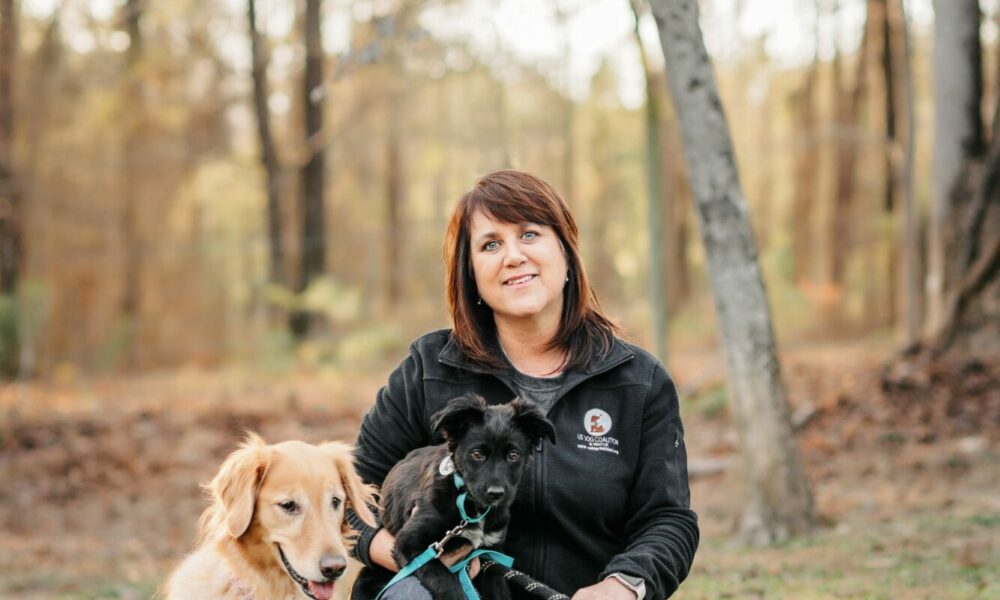

Today we’d like to introduce you to Wilma Herrera.
Hi Wilma, we’d love for you to start by introducing yourself.
I grew up in Southern Germany and went through school and college in Germany. Before I went to college in Freiburg, Germany, I met my now husband; he was stationed in Germany then. After I finished my schooling, I moved first to New Jersey and then, after ten years, to North Carolina; I fell in love with North Carolina, the city of Raleigh, the beaches, and the people, and I do not plan on leaving anytime soon. Growing up, I have always been an animal lover; my family always owned dogs and cats, and I was drawn to them from a young age. When I moved to the US, I started volunteering as a dog foster, first at the SPCA and then with other rescues. I moved rescues a few times, mainly because I felt the rescue I worked with had lost their way. They had lots of money in the bank but did little besides bringing in dogs and adopting them. I knew there had to be more to rescue, more I could do to help the strays, the abused, and the forgotten dogs in the shelters and on the street.
Thanks for sharing that. Can you tell us more about your work next?
In August of 2021, I vacationed in Copper Canyon, Mexico. I was shocked at the number of street dogs that surrounded me whenever I got out of the car, out of a store, or just walked down the street. The suffering was hard to watch, dogs so thin I couldn’t figure out how they were still walking, moms with puppies whose bellies were swollen due to parasite infestations, and no fur due to mange. I found a small black puppy so close to death just lying in the sand in the middle of a place where tourists walked to and from the waterfalls, he just lay in the sun, and people had to step over him. I moved him several times and tried to give him food, but he returned to the spot in the sun, so weak, so close to death. I was unable to help him, I had to leave him behind, and it broke me. I got on the airplane the next day, searching for rescue organizations and vets, but my search didn’t provide any results.
After returning home to Raleigh, I found one group that visited the Copper Canyon regularly, a nonprofit that provided free spay and neuter clinics in the same area I visited. I volunteered in November 2021 and returned to the same waterfall where I had to leave the puppy behind. Of course, the puppy had passed away by then, but I found a dog in just as dire a situation and brought it home. She was the beginning of my nonprofit, Tozi, a dog with ears so big we never thought she’d grow into them. My daughter adopted her and now lives the good life.
I founded my nonprofit, US Dog Coalition, and Rescue, in February 2022 and have been rescuing dogs from Mexico, Texas, and North Carolina. We still partner with the spay and neuter nonprofit and assist them wherever possible. I have formed relationships with several rescuers in Chihuahua, Creel, and Juarez, and we routinely bring dogs through volunteer transport to Raleigh, where they are vetted. After spending some time in foster care, they are adopted in North Carolina.
Since I know that no one can rescue enough dogs to make a difference with the almost 14 million street dogs in Mexico, I am partnering with local rescuers to educate the population about the importance of spaying and neutering. We teach young children the importance of good dog ownership by caring for the pets and sterilizing them; a concept still fought in the Copper Canyon’s rural areas.
I am also assisting Mexican rescuers with building shelters in the Copper Canyon; we have successfully raised funds through SPCA International grants and donations to start a brand-new shelter in Creel, where the closest vet is 3 hours away, and also a new shelter in Juarez where street dogs routinely cross into the United States and cause Texas to be inundated with dogs living on the street. US Dog Coalition and Rescue also assists shelters in North Carolina, and we accept owner surrenders in the Raleigh area.
In addition to my rescue work, I founded a coalition of international and local rescues rescuing dogs from countries like China, Turkey, and other countries. In July 2021, the CDC enacted a global dog import ban that shut down rescues from countries they considered high risk for rabies. The ban came without warning, devastated rescues, and undoubtedly condemned thousands of dogs to death in countries where a dog is viewed as meat, a dirty animal, or a threat. We have been fighting this ban that the general public has yet to learn about since 2021, and even though some changes have been made, I will continue this work until the ban has been lifted and rescues are allowed to save dogs, ensuring that no diseases are entering the US, as they have done before the ban.
I’m sure you wouldn’t say it’s been obstacle-free, but so far would you say the journey has been smooth?
No, I wouldn’t use smooth when describing this first year, we have had puppies pass away before we could ever rescue them, and we have had a dog pass away after we saved him. Dogs have been sick; the dogs from Texas almost always are heartworm positive; in North Carolina, we fight heartworm disease and often mange. We always need more volunteers and foster homes, but right now, so many dogs have been abandoned at the shelters and surrendered to rescues that the foster homes are saturated. Finding support is sometimes very hard; rescue work takes a lot of money, and donations never flow freely. However, it has been rewarding; seeing the puppies that were so skinny and frail turn into happy and plump puppies is awesome, and seeing the scared dogs open up and fall in love with their adopters makes me keep going.
What do you like best about our city? What do you like least?
Raleigh has grown into a beautiful, busy, and thriving place. I moved here in 1998, and the city has made many improvements. I love walking downtown and bringing my dogs to the many restaurants and the outdoor seating they provide. Raleigh is a small city with a big attitude. There is nothing I dislike about Raleigh, except maybe the parking or lack thereof, but they are working on that as well.
Contact Info:
- Website: www.usdogcoalition.
org - Instagram: https://www.
instagram.com/usdogcoalition - Facebook: https://www.
facebook.com/usdogcoalition - Twitter: https://twitter.com/
USDogCoalition
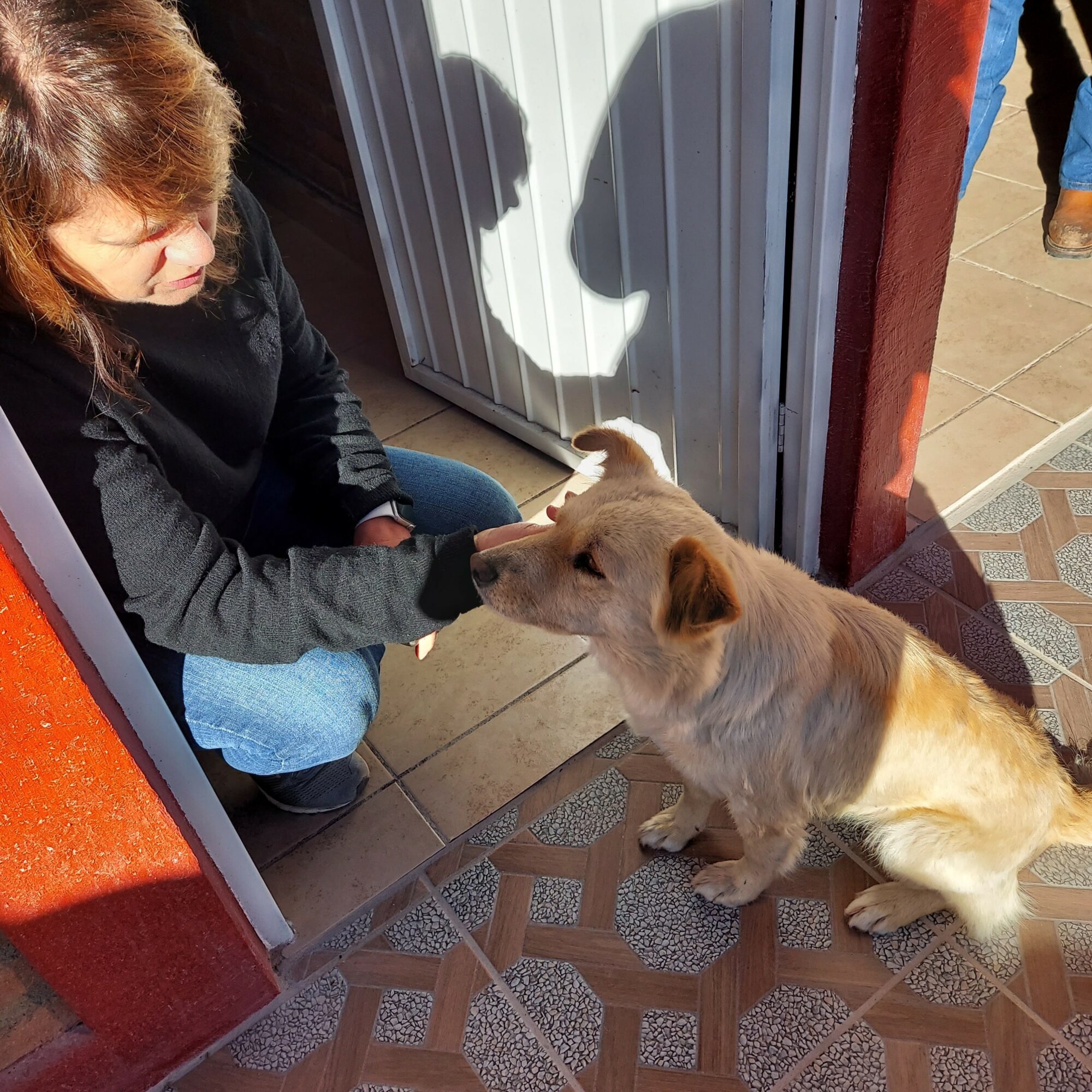
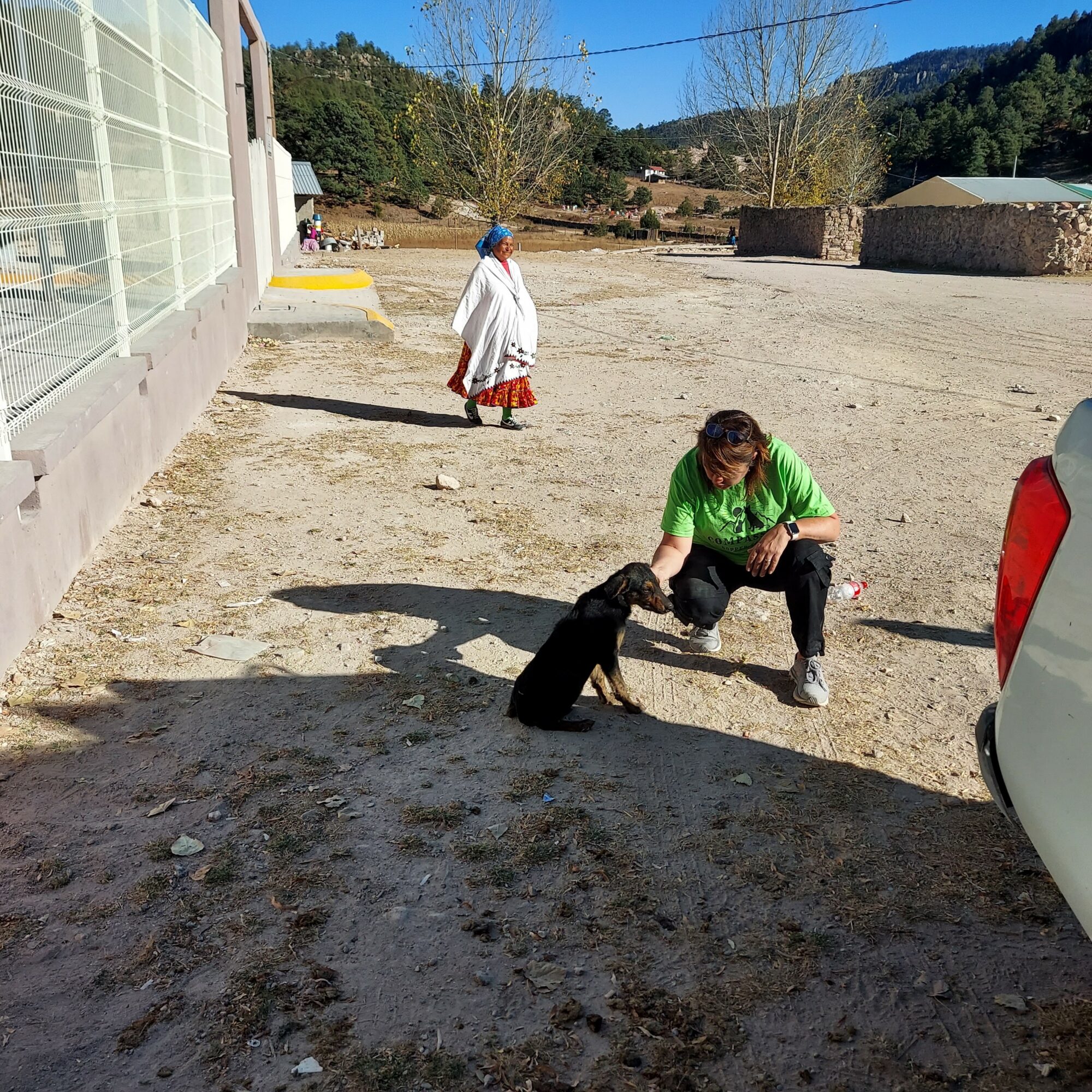
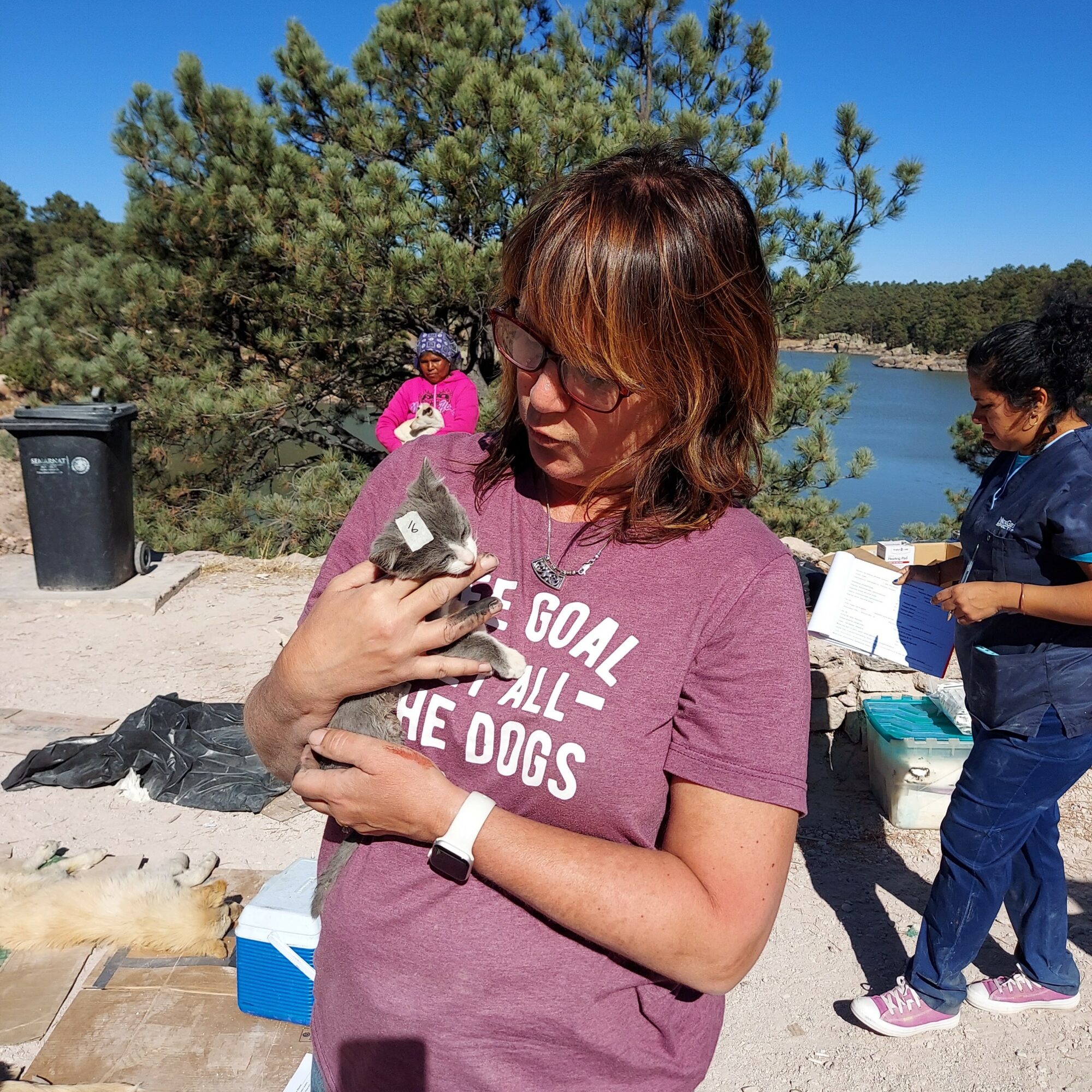
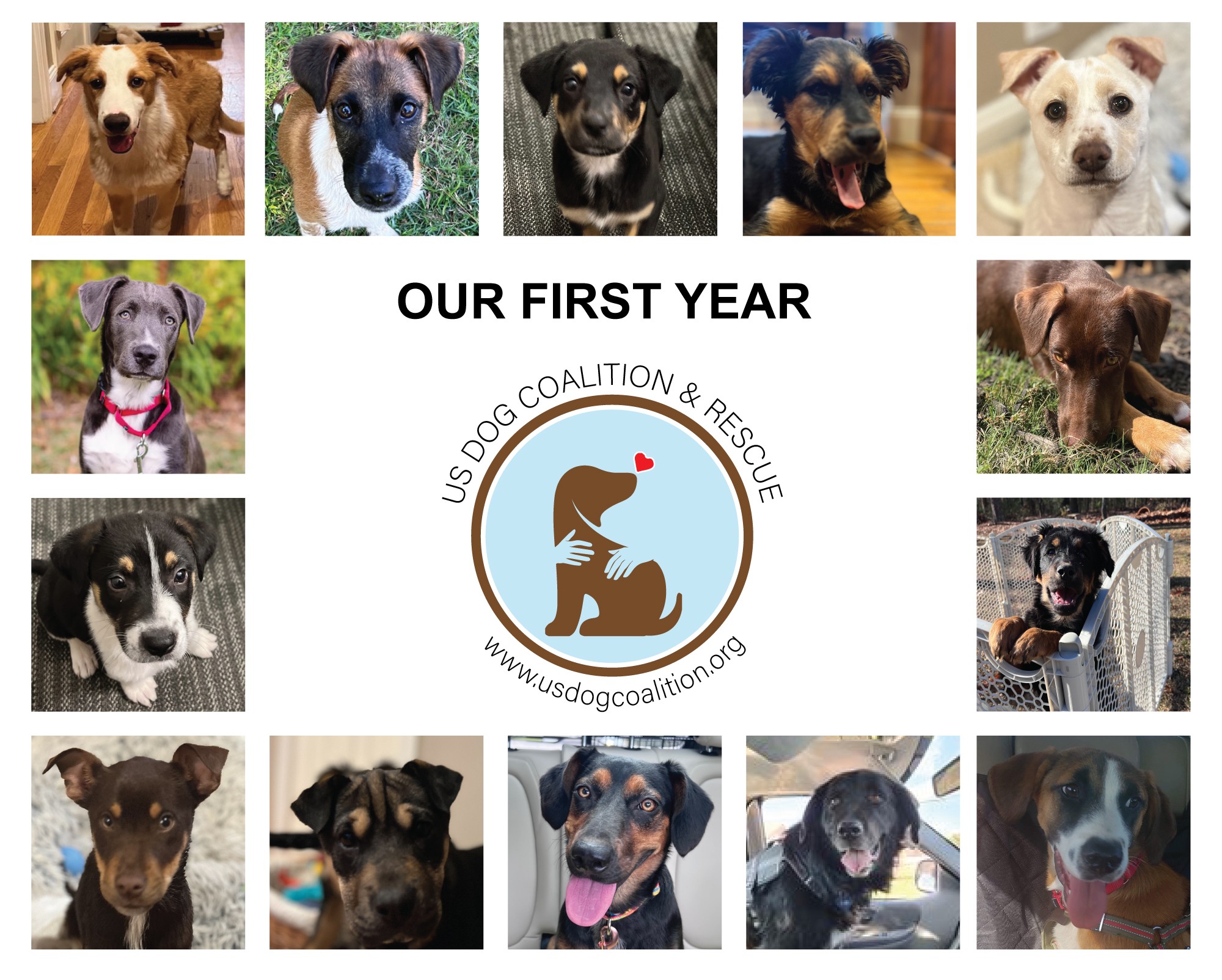
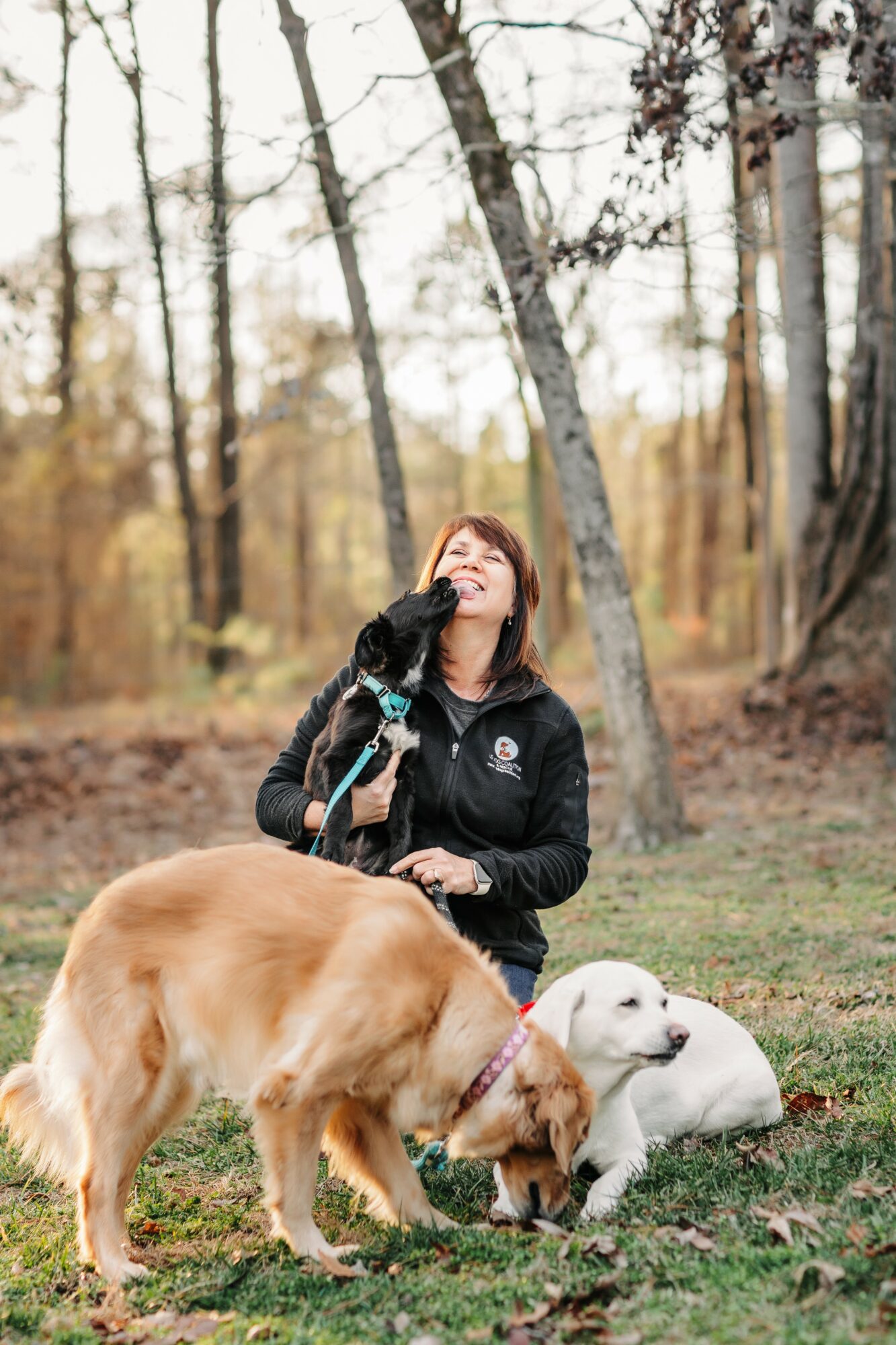
Image Credits
Roseyshell Photography Image 1 & 2












